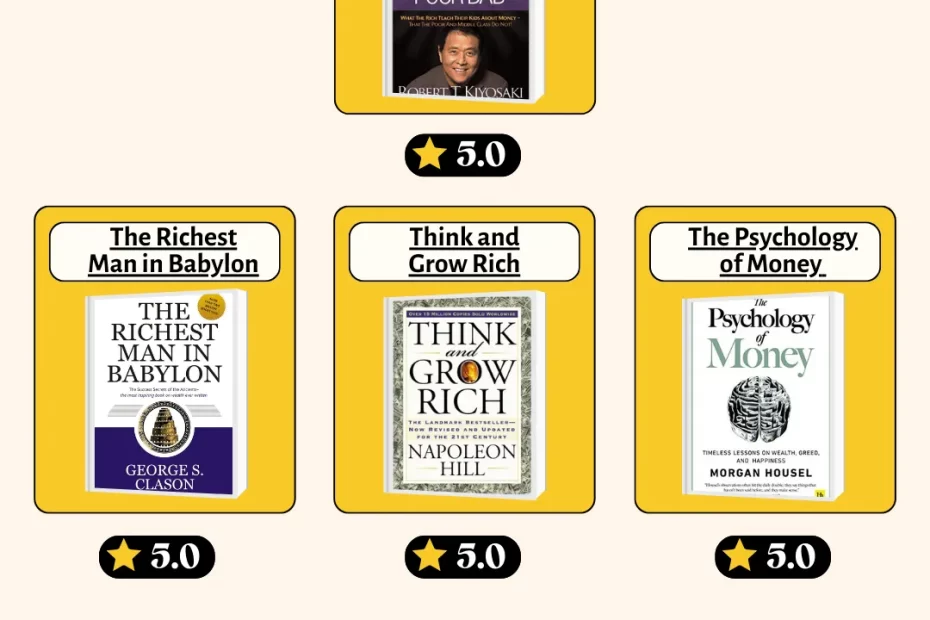10 Common Investment Mistakes and How to Overcome That
10 Common Investment Mistakes and How to Overcome That What is Investment and Why we do Investment ? Investment is the process of devoting money or resources to an asset or project with the goal of making a profit or revenue over time. It entails investing capital in a variety of financial instruments, such as… Read More »10 Common Investment Mistakes and How to Overcome That


